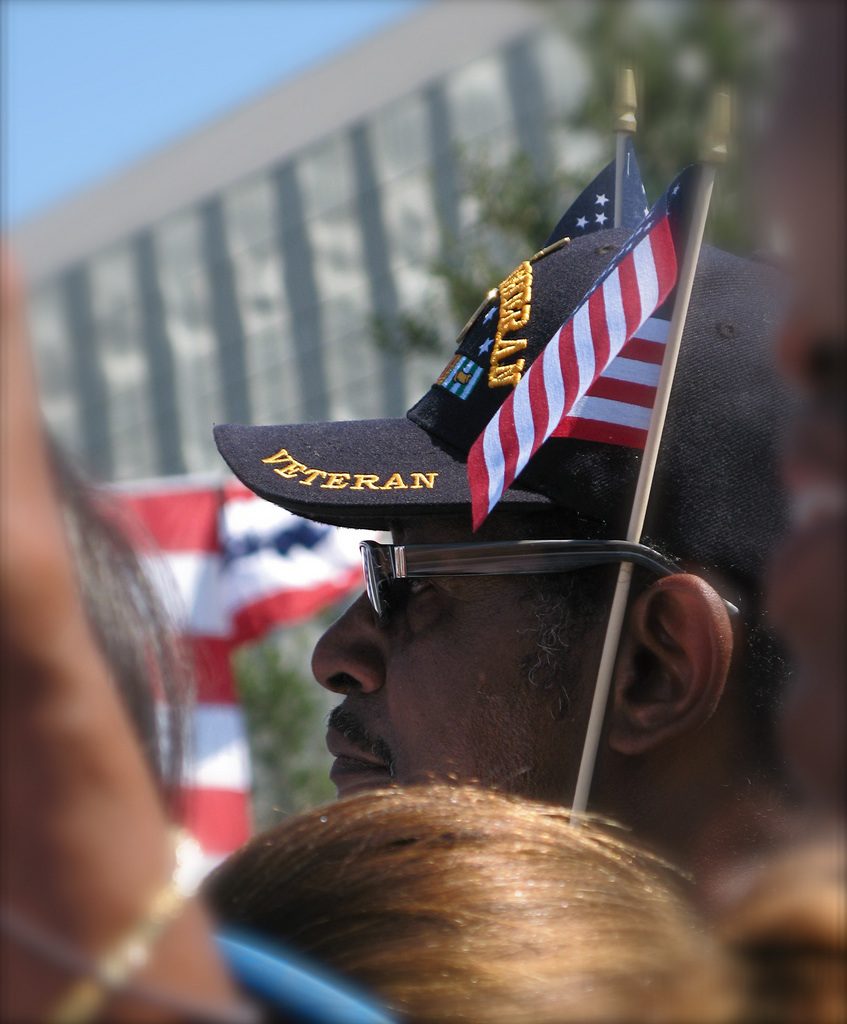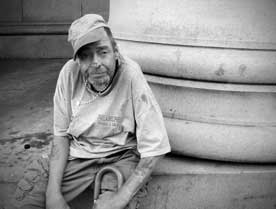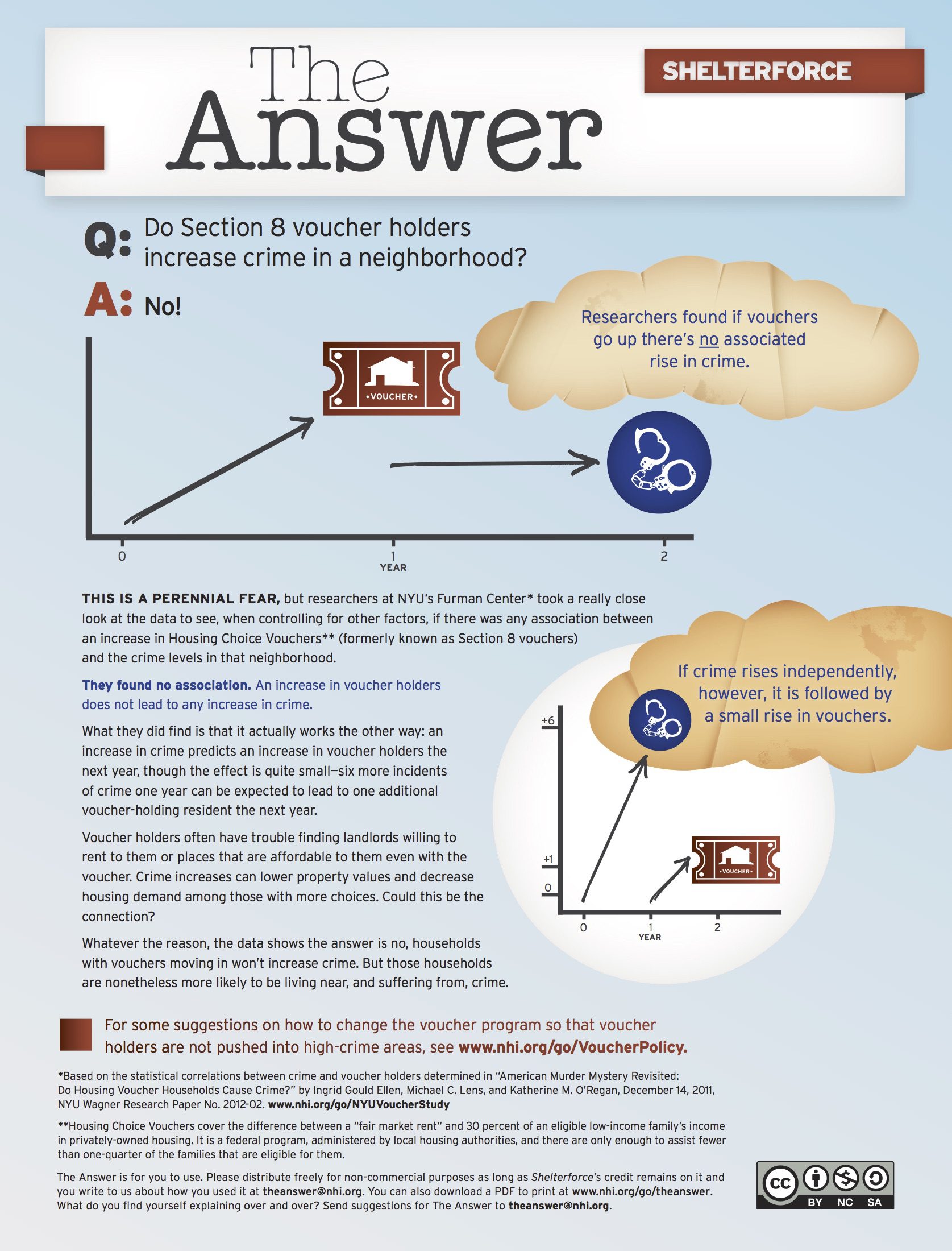Michael Powell was born to a single mother in Baltimore City, Maryland. One of seven children, Powell suffered from psychological and self-esteem issues in childhood. In a self-described effort to “prove himself” to family members, Powell tried to enter the Marine Corps at 16, but was rejected for being too small. He took the advice of a recruiter, gorged himself to make the weight limit, and made it in.
After graduating from boot camp, Powell was sent to a base in Okinawa, Japan, and trained as a USMC Scout Sniper. During his time there he began experiencing abdominal pain and cluster headaches for which he needed shots of Demerol. He returned to the United States and was rotated to a specialized unit in Norfolk, Va., where he guarded nuclear weapons. Newly married with two young children, Powell says his shifts consisted of three days on and two days off in an eight-by-eight foot cubicle without breaks. After several years in this grueling rotation, Powell was diagnosed with ulcers. He separated from his wife and life began to veer off course. After a series of military administrative errors, personal missteps, and what he describes as a pattern of harassment from a vindictive commanding officer, Powell was arrested and sentenced to 29 days in the Norfolk County Prison for an unpaid fee. His military service ended with a dishonorable discharge.
After his discharge, Powell returned to his home state of Baltimore and worked in restaurant and warehouse management. His alcohol dependence progressed to heroin usage, but Powell says he continued to work consistently for a while under the table, “because I couldn’t pass a urine test.” Eventually he was unable to manage his addiction, and homelessness soon followed. “I found myself on streets, in my car, in basements, renting rooms where I could, whenever I could,” he says. “People took advantage of my being an addict—when they didn’t get what they wanted, they would just put me out.”
Powell says he sought treatment through the VA for a back injury he sustained from weight lifting in the service, but was told he was ineligible because of his dishonorable discharge. He resorted to using his local hospital’s emergency room for medical treatment and never paid the bills.
In 2010, Powell fathered a child with a longtime companion. Six weeks after the baby’s birth, his girlfriend left him and told him she didn’t want to keep the baby. Powell traveled to West Virginia to bring the baby back to Baltimore to live with his sisters and nieces, who helped with her care. Despite their help, Powell said he took on the lion’s share of the parenting work, even as his alcohol addiction plagued him. “I needed a drink in the morning to not shake. My sister, she would get me a drink in the morning and pour it for me and cry. I had 10 failed attempts [at sobriety], but I needed to try again for this baby.”
Throughout this time, Powell was enrolled in a mandatory probation program, but it did not include addiction treatment. Three mornings a week, he rose early to care for his daughter before leaving to attend the program, all while battling his addiction. “I would get up at 3am [to feed her]. I would get up at 5am and I would bathe and dress her and talk to her, and then at 8am I would go out to social services. [But] I couldn’t stay clean,” Powell says. “[It] broke my probation officer’s heart, but she was forced to report that I’d violated my probation orders, [and the] judge sent a warrant.” Powell was sent to a faith-based treatment program, where he says he was doing well until his daughter became sick and he had to leave the program to care for her. “I got kicked out of the program for breaking curfew. I spoke to the director of the program, whose purpose is to help broken men rebuild their lives,” says Powell. “You’re going to put me out?” he says he asked. “Babies get sick.”
Out of drug treatment and feeling out of options, and with his daughter’s mother back in her life, Powell engaged in and was arrested for credit card fraud and sentenced to jail time in Pennsylvania. He says being isolated from his connections in Baltimore, while hard, was necessary. He was ready to make a clean break. He was released in June 2012 and went to a mission in Harrisburg.
One day, Powell said a man who happened to be a veteran pulled up looking for someone to help him move furniture. The man told Powell about VA housing and addiction programs. Within weeks, Powell was enrolled in treatment. Having done well in treatment, Powell was transferred to a compensated work therapy program that he says “teaches you to be self-sufficient. You have to do the work, [that’s the] beauty of it.” His felony conviction made it nearly impossible to rent an apartment, but eventually, he says, a landlord “saw something in me,” and rented him the apartment that he’s been in for over 17 months.
After more than a decade of feeling like he was on a “merry-go-round,” Powell speaks like a man whose life is getting back on track, but he knows there are thousands of veterans who have yet to find that lifeline. “[For] every drug program I’ve been in, there are many veterans who said they didn’t know about them,” says Powell. “[Information] is not filtered down to channels accessible to homeless veterans. There has to be outreach. There should be reps at the homeless shelters so vets know they’re not alone, that it wasn’t for nothing. To be a veteran and have to live under a bridge speaks terribly about a nation. At the end of every vet’s story, there’s a soul attached, a human being.”
Powell is now working with the Homeless Persons Representation Project on a service-connected disability claim that he filed in 2010. His service records were lost at the VA and the group has had to locate and interview people who served with Powell in order to rebuild his service history and prove his eligibility for benefits.
Powell realizes the good fortune he had to meet the veteran two years ago, and the positive steps he’s taken since. Working toward employability, he is now a student at his local community college where he has earned 36 credits toward a degree. His driver’s license is restored and he is driving, legally, for the first time in 25 years.
“I’m active in my church. My health issues are still there, but I press on,” he says. “It’s not about me. I have a three-and-a-half year old.”






Comments